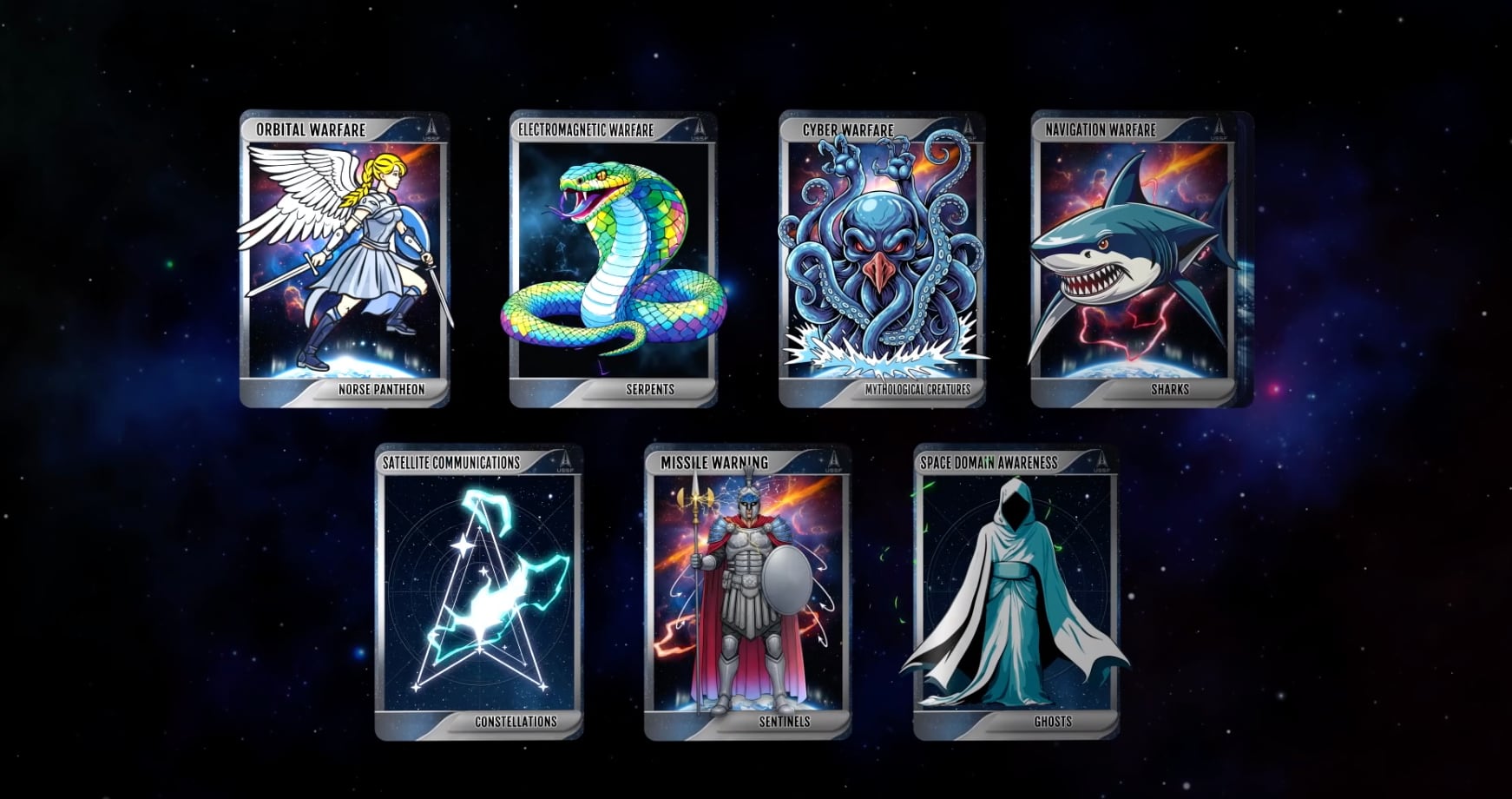In the wake of a new range qualification program that has caused the proportion of troops earning the highest-level shooting badge to drop by more than half, the Marine Corps is changing policy to offer those who miss the mark another shot.
As of Oct. 1, Marines who earn the lesser marksman and sharpshooter badges during rifle or pistol range qualification will get two more chances during the same fiscal year to hit the range again and bring their score up to expert, according to a Marine administrative message published Wednesday. If Marines previously failed at the range, earning an unqualified classification, or UNQ, they’ll get those score improvement chances on top of the opportunity to return to the range to qualify.
The proposal for change emerged during the October 2022 Combat Marksmanship Symposium, Chief Warrant Officer 4 Joshua Grayek, director of marksmanship instruction at Weapons and Training Battalion out of Quantico, Virginia, told Marine Corps Times.
The Corps’ top shooting professionals expressed concerns, Grayek said, that the annual rifle qualification program introduced in October 2021 made it substantially harder to earn a prized expert badge and thus warranted some adjustment. The annual rifle qualification, which replaced a legacy 1990s-era range qualification program, emphasizes more realistic combat scenarios and requires Marines to wear combat gear, shoot in sequence and hit more specific “lethality zones” on a humanoid target.
“The legacy system … didn’t stress the shooter out,” Grayek said. “You had plenty of time to fire your rounds, and you were doing it from very, very stable shooting positions … that was good to learn basics, but it didn’t translate too well into combat.”
Based on the added difficulty of the new requirements, leaders predicted the number of expert-qualified Marines would drop precipitously, Grayek said, possibly dipping as low as 8%. In fact, he said, data gathered since the symposium paints a better picture: Expert rates under the annual rifle qualification program are between 25% and 30%. Still, he said, that’s down from 65% to 70% of Marines under the previous program.
“One could maybe argue that [Expert rates were] inflated,” Grayek acknowledged.
Still, he said, there’s pure value in giving Marines more time at the range to improve their lethality under more realistic conditions ― and it also addresses the inevitable angst.
“This will improve morale, because (Marines) know that, if I’ve messed up or didn’t shoot to my true potential, I can go back and shoot better,” he said.
Per the Marine message, Marines are authorized to wear the most recent badge they’ve earned.
A Marine who received a marksman score on his or her first qualification attempt, but returned to the range and shot expert, would thus be able to wear the expert badge for the remainder of the qualification period. A Marine who earns the expert badge on a first attempt isn’t eligible to return to the range, the message states.
Of note, Grayek said, the unqualified classification rate has decreased substantially under the new shooting program, from up to 7.5% to just .7% in 2022. While unqualified Marines now have the chance to return to re-qualify and then to improve, this doesn’t preclude commanders from taking administrative action against them from failing in the first place, he added.
The policy change is not expected to cost the Marine Corps more money, Grayek said, because the annual rifle qualification program is significantly cheaper than the legacy program: It uses two targets rather than four, and takes place over three days of shooting rather than two weeks. To ensure that Marines who desire to improve their score get that chance, he said, commanders will need to keep track of upcoming range opportunities and transfer allocations, or available spots for Marines, between units, if needed.
“That way, the commander is not wasting allocations, and everyone’s afforded the opportunity to go back and qualify,” he said.
Grayek vehemently denied that the policy change to allow second and third chances at the range amounted to a lowering of standards.
“If someone’s saying that, they’re completely off base,” he said. “Yes, we may not have as many Marines wearing expert badges as we did in the past. However, I would take an ARQ sharpshooter against a legacy expert any day of the week. The lethality is that much better.”
Hope Hodge Seck is an award-winning investigative and enterprise reporter covering the U.S. military and national defense. The former managing editor of Military.com, her work has also appeared in the Washington Post, Politico Magazine, USA Today and Popular Mechanics.





